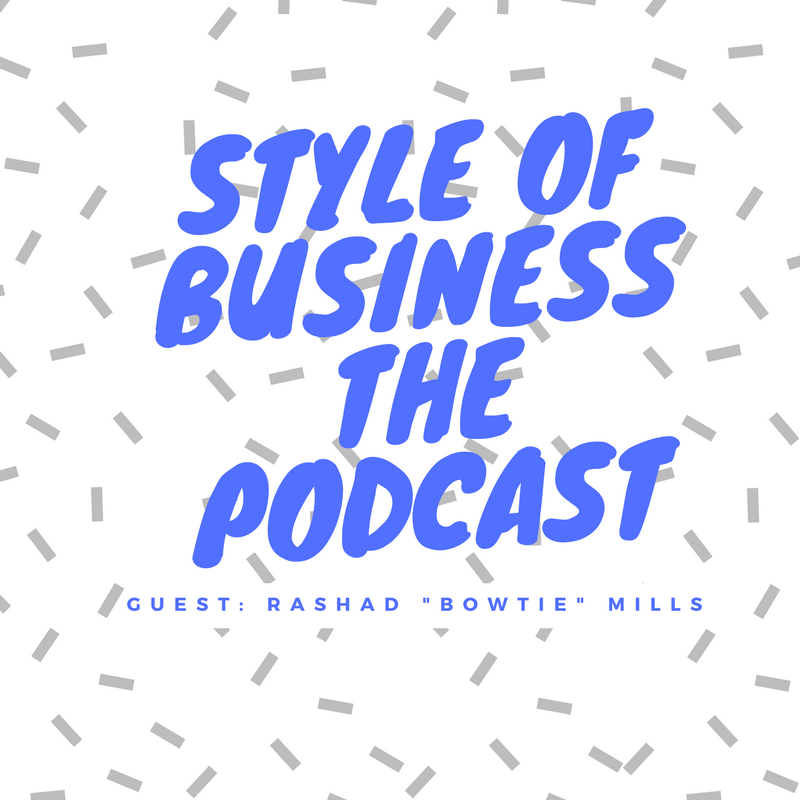As you work to select a mentor, it’s important to ask yourself some important questions. Taking the time to do so will help you to understand what you really need so that you can make this decision appropriately. As you start evaluating individuals as possible mentors, consider the following:
4 Questions to Consider for Mentorship
Do You Look Up to Them?
As you attempt to select a professional mentor, one of the biggest questions to ask yourself is if you look up to them. If you find that you have a great deal of respect for an individual and the work that they’ve done in your industry, they may make a great mentor. However, if you don’t respect them or look up to them very much, and they’ve simply been working in the industry longer than you have, the situation may not be a good fit. Take the time to learn a little bit about the person that you’d possibly be working under and do some self-reflection to see how you feel about them.
Can You Work Well with Them?
Take the time to ask yourself if you can work well with the individual, as well. It doesn’t make sense to choose a mentor if you like what they’ve accomplished in the business world but struggle to get along with them. If you find your teeth gritting and your blood pressure rising each time the person speaks with you, they’re likely not going to make the best choice for a mentor, regardless of what they’ve accomplished in the industry. Unfortunately, some people just aren’t compatible to work together, and you can’t force it.
Can They Assist You with Your Goals?
Can the individual that you’re considering as a mentor help you as you work toward your goals? Do they have skills that they can teach you or information that they can pass on to you that will help you learn so that you can advance your career in a direction that you’re interested in taking it in? These factors are important to consider as you work towards selecting a mentor that you can work with.
Are They Well Connected in the Community?
It’s important to select a mentor that is well connected in the community so that you’ll have a person that may be able to assist you with networking, finding connections as you grow your career, and resume-building opportunities. These qualities will help ensure that the individual can be a strong mentor figure and assist you, instead of you attempting to build all of these connections on your own and struggling to do so.
As you attempt to select a mentor, take the time to consider these questions. Doing so will help prepare you for the process so that you’re well prepared to choose an individual that you can work well with and that will match up with your needs. A mentor is an important part of your employment journey, and choosing one correctly can help you quite a bit as you go on your way, so making the correct choice becomes very important as you forge your career path.
Keetria is an entrepreneur, wellness advocate, and brand strategy coach for creatives & entrepreneurs with 16 years of public relations expertise working with some of the world’s leading brands, startups, media personalities, and entertainers. If you would like to work together, don’t hesitate to reach out!
















